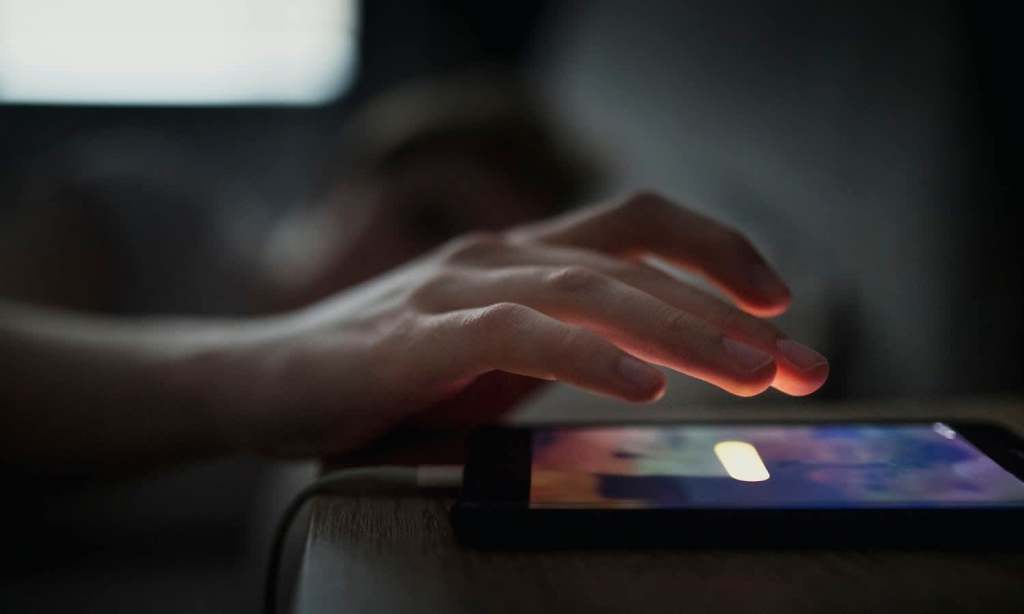Whenever Apple sends me the pesky notification from Screen Time, I’m embarrassed. Perhaps a little stressed, also a little anxious — not the same kind of anxiety that comes from a phone call, though. The average amount of time I spend on my phone is ridiculous. If you’re an Apple user, you’ve experienced it too — especially if it tells you the percentage change from the week prior.
Even if you’re anti-Apple, we can still guarantee you’re on your phone too much. And yes, we can say that without knowing you or your phone habits — because it’s science.
A new study from Monash University says we’re addicted to our mobile phones. Oh, and our inability to disconnect could be endangering our health.
The research found 99.2% of mobile phone users have some fear of being without their phone — this fear is aptly known as nomophobia (no mobile phone phobia). In addition, 13.2% of the population are suffering from severe nomophobia — leading to an increased risk of dependence and dangerous use.
Almost half of the people surveyed spend more than three hours a day on their phone. To me, that seems like a pretty insignificant number — especially when you take into account the hours we used to commute — but the more you use your phone, the higher your level of nomophobia.
According to lead researcher, PhD candidate Fareed Kaviani, “Use becomes problematic when the digital takes precedence, to the detriment of the physical”.
“Habits are involuntary, and mindless engagement can continue in physical environments where use is prohibited, like the cinema or library, or even become dangerous, such as using a phone while driving or crossing the road,” he added.
“I think we have habitualised the device into our lives, on both a structural and individual level. The fear of being without one’s mobile phone may be a rational response when we have come to rely on them for staying in contact with friends and family, using the digital wallet, scanning QR codes for entry into venues, or to read shopping lists and access information.”
If you’ve ever gotten frustrated at someone using their phone in a library or cinema, they could be a nomophobe — they’re 10.3 times more likely to use their phone in a prohibited space. And, most scarily, they’re 14 times more likely to engage in dangerous use — such as while driving, cycling, or walking.
In a classic “won’t somebody please think of the children?” move, it’s young people between 18-25 with the highest level of nomophobia. Gender wise, men are almost twice as likely to engage in dangerous use.
Even though phones have been so important in keeping us connected in this COVID world, if you’re dependent on your phone for a sense of belonging, connectedness, and social identity, you might be reducing your capacity to navigate social bonds offline.
“If your smartphone use is having a deleterious impact on the physical and/or psychological health of yourself or those around you, then that is a problem,” Mr Kaviani said.
‘But I think the device, if used mindfully, can be a complement to the supercomputer we already carry around in our heads.”
You could always try a digital detox?







